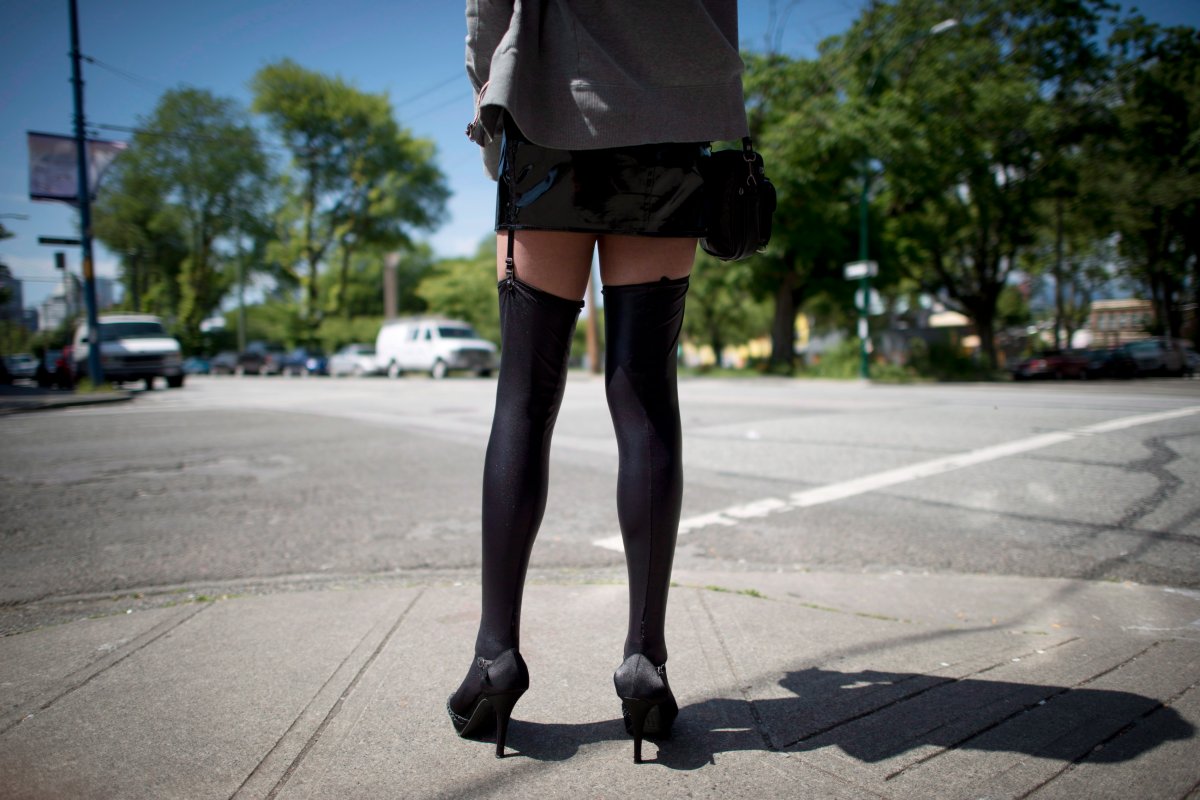OTTAWA – The Libertarian Party of Canada, a labour union representing casual and temporary employees at Montreal’s McGill University and an organization that promotes sexual identity called “I’d Tap That, Toronto” were among 146 respondents to the federal government’s online public consultations about revamping Canada’s prostitution laws.

Anti-trafficking advocates from as far away as Australia and Thailand were also on the list of organizations released to Global News under access to information legislation.
The list reveals the diversity of voices that reached out to the department of justice between February 17 and March 17 this year.
But only eight of those 146 respondents to the online survey on prostitution law directly represented people who worked as prostitutes.
The government received a total of 31,145 responses to its survey, conducted after the Supreme Court’s decision in December to strike down three prostitution laws.
But it didn’t track duplicate answers, nor did it release the names of individuals and organizations for privacy reasons.
Citing some 30,000 answers, the government did not release individual responses.
WATCH: MPs were back on Parliament Hill to debate Canada’s proposed prostitution laws. The marathon session will hear from more than 60 witnesses. Mike Le Couteur reports.
A majority of organizations on the list – about 60 per cent – are advocacy, social services and outreach groups.
Some of the respondents, such as the Canadian Association of Elizabeth Fry Societies and London Abused Women’s Centre, are among witnesses testifying this week in Ottawa at a special summer Parliamentary committee.
The committee is studying the Conservative government’s bill C-36, written in response to the Supreme Court’s ruling.
On Monday, Justice Minister Peter MacKay said he hopes the new bill – which he says is meant to diminish demand for sexual services by criminalizing pimps and johns – will foster an end to prostitution entirely.
But the bill has also seen steep opposition, including from lawyers who say it’s no better than the law it replaces, and sex trade workers who argue it would make them less safe – not more so.
A total of eight sex trade worker organizations and 10 religious organizations responded to the government’s online survey, including Ahmadiyya Muslim Community Canada, Christian & Missionary Alliance and National Council of Jewish Women in Canada.
The survey – advertised by the government via a news release, Twitter and Facebook – asked six questions, including whether selling and purchasing sexual services should be illegal.
The government did not release the raw data but analyzed the online responses in a report released in June, which found 56 per cent of respondents said purchasing sexual services should be a criminal offence, while 66 per cent said selling sexual services should not.
And 62 per cent said benefiting economically from the prostitution of an adult should be a criminal offence.
Six municipal governments – from Vancouver to Kitchener – and four police services also responded to the survey, as well as victims’ services group.
The government also heard from advocacy organizations around the world, including the United States, Europe, Australia, and Thailand.
The groups include the Sex Workers of Wisconsin’s Red Light, the European Women’s Lobby, the Coalition Against Trafficking in Women in Australia and the Global Alliance Against Traffic in Women in Bangkok.
The international responses were not included in the department’s analysis, but “have been reviewed separately,” the justice department said.
There were also five groups listed under “other organizations”: The Association of McGill University Support Employees; the Cabbagetown South Residents Association in downtown Toronto; the Libertarian Party of Canada, which seeks to limit government responsibility; Concordia University’s Institute Simone de Beauvoir, which focuses on feminism and social justice; and the Canadian branch of Ratanak International, which helps abused and exploited Cambodians.



Comments